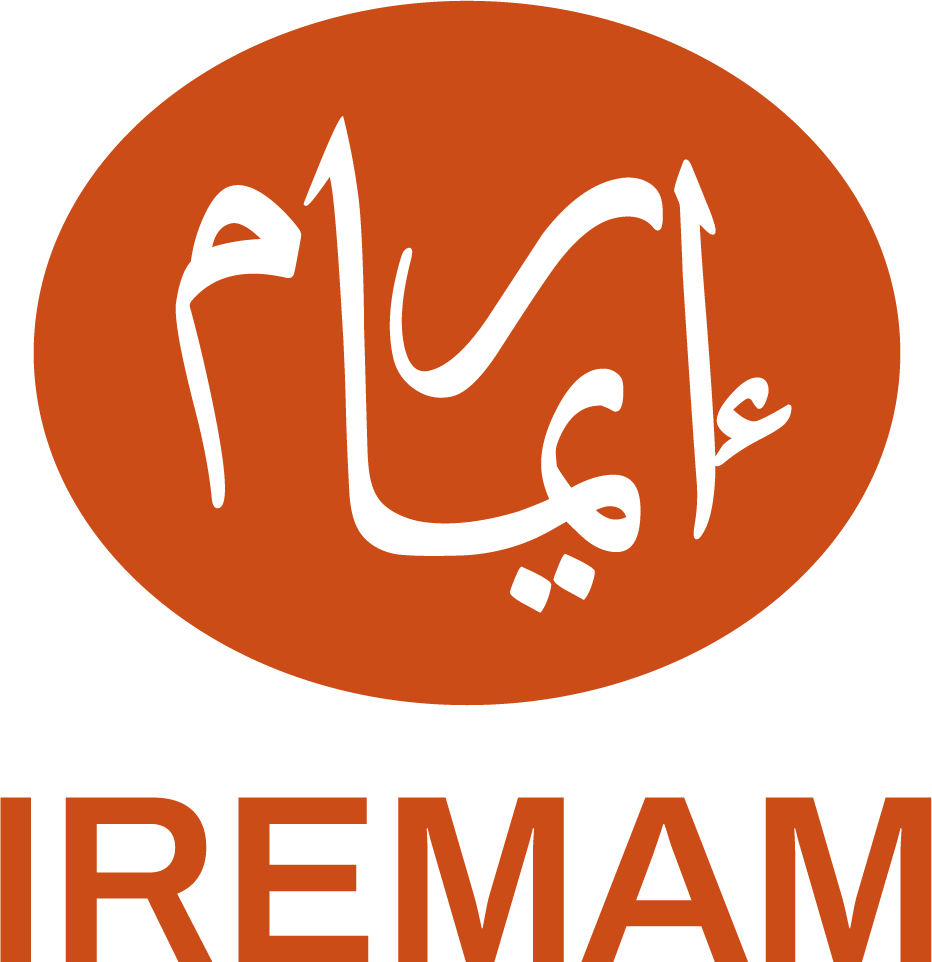The Al-Khidr Conflict. Shared Holy Sites as Observatories of the Social Fabric during the Mandate Period (Emirate of Transjordan)
Résumé
Using a microhistorical approach, with the mausoleum of al-Khidr in Karak (Jordan) as a case study, this chapter questions the restructuring of tribal solidarities during the Mandate period. Between 1937 and 1939, the shrine was the scene of major conflicts involving members of Greek Orthodox and Muslim tribes. The case soon became a national matter. Due to this dispute, the local tribes affirmed or redefined their political importance in the context of social and political restructuring. The authority of al-Khidr was disputed through the control of its symbolic territory. It was therefore his holy figure who guaranteed the constitution, the recomposition and superimposition of symbolic borders between social groups. These stakes challenged the young Jordanian government, which tried to regulate the conflict by nationalising the holy site. This case study reveals the complex mobilisation of modes of belonging at the local level and the porosity of social group boundaries. This chapter insists on the multiplicity of factors that leads to the mobilisation of confessional identities according to the contexts and groups concerned.
| Origine | Fichiers produits par l'(les) auteur(s) |
|---|



